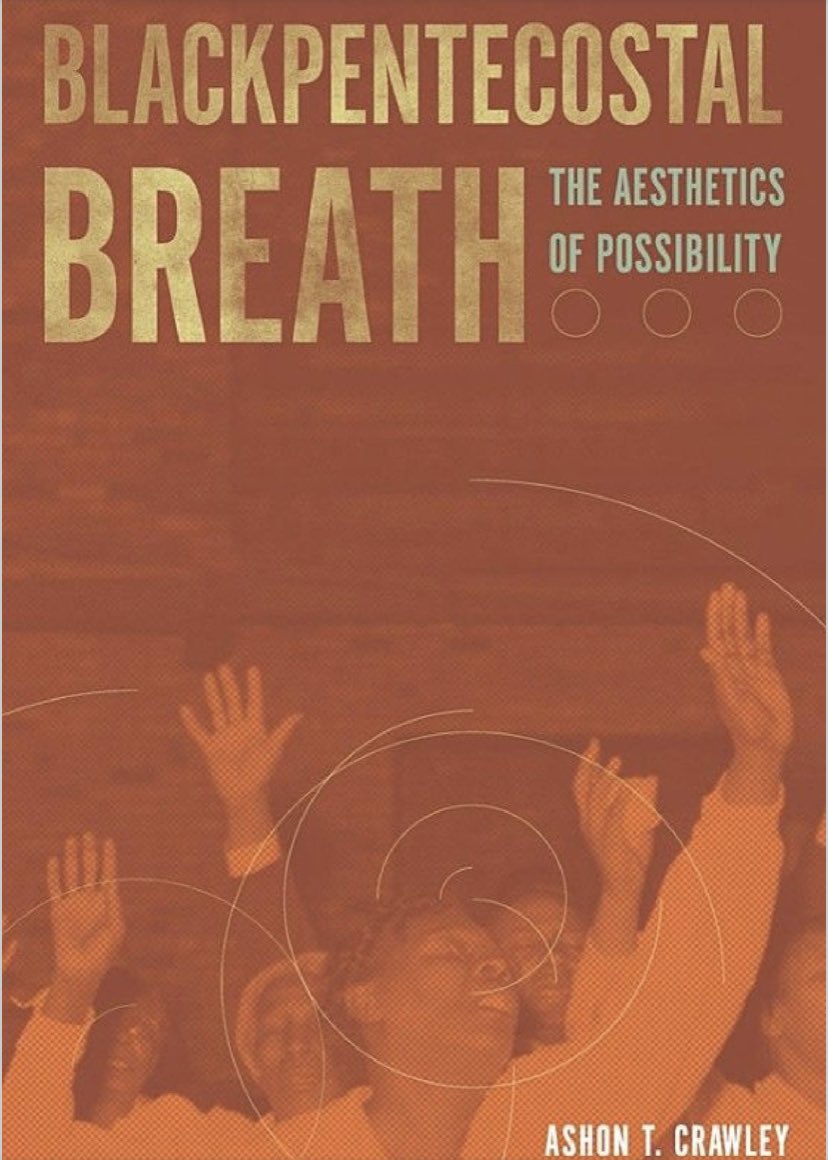
I was reading in the gospels. Luke wrote about Jesus's and the women. Death has consumed him. Despair had consumed them. Yet, the women prepared spices. "On the sabbath," he writes, "they rested." The faith of the women teach us this: Hell is shaking. God is working. We can rest.
Their faith does not destroy death nor does their faith destroy despair. That is the paradox of faith: we don't have the right answers always nor can we always articulate what we know to be true and possible. We, like the women, can prepare and rest while Better is on the way.
Isn't it fitting that in a society where "men make the rules and rule the day" that Luke would dismantle the problematic patriarchy by pointing to women not simply as the embodiment of our faith but also as a witness to the power of our faith. They witness even in the worry.
He moves us from simply embracing the problematic patriarchy to embracing the women's prophetic performance. Though Word of God is not there, the word of God is still speaking. Even if the Lord is not present, in the women, the ways of the Lord are still powerful.
• • •
Missing some Tweet in this thread? You can try to
force a refresh







